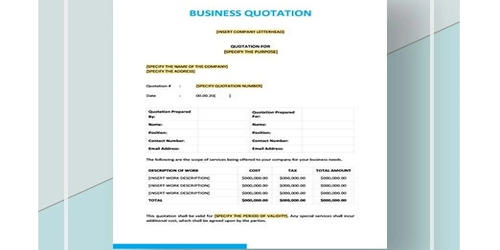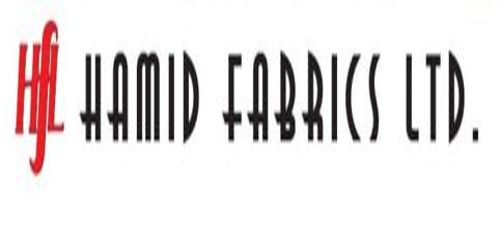A quotation is a document that a supplier submits to a potential client with a proposed price for the supplier’s goods or services based on certain conditions. It refers to the statement of the price and the terms and conditions upon which the seller is willing to sell the goods. It is a group of words taken from a text or speech and repeated by someone other than the original author or speaker. It is also often known as a quote. It is a document that a supplier will submit to a potential client that lists the proposed prices for the supplier’s goods or services.
Quotations are often used as a literary device to represent someone’s point of view. It is a group of words taken from a text or speech and repeated by someone other than the original author or speaker. It is a document that a seller provides to a buyer to offer goods or services at a stated price, under specified conditions. They are also widely used in spoken language when an interlocutor wishes to present a proposition that they have come to know via hearsay. They are usually not legally binding unless they are part of an official contract; however, it is generally accepted that a customer has committed to a sale, and a specific price, if they accept a quote.
Generally, if the supplier had fixed rates, there would be no need for a quotation. Therefore, a quotation is often required for services but is also commonly used by businesses that sell goods. The definition of a quotation is words or phrases that are taken from someone else or from literary work or the asking price of something. Quotations usually include quite a bit of detail. In the quotation, the supplier will include a breakdown of the factors that have led to a specific price, such as taxes/VAT, material costs, labor, etc. Also included is the time frame for when a service will be completed or for when the goods will be delivered.
The quotation may contain the following points:
- Details about the quality of goods offered for sale.
- Details about the number of goods offered for sale.
- Type of quotation.
- Sale price per unit of the commodity.
- Term of payment like Cash or Credit, trade discount, cash discount, and other allowances if any.
- Time, mode, and place of delivery.
- Details of duties, Octroi, etc., payable.
- Details of packing, labeling, insurance, etc.
- The net price payable.
Quotations are normally sent at the request of a customer who wants to know more about certain goods or services before they make a purchase. It is a reply by the seller to the prospective buyer. Hence, the quotation letter should be prepared carefully by the seller. It’s important that you send a sales quotation as soon as you’re able to. Customers often shop around and request quotes from several businesses, so sending a sales quotation quickly will help you get ahead of your competitors. It should contain information on all points mentioned in the inquiry letter. Your quotations should be easy to read, with a clear font and layout. If you’d like to customize or personalize your quotation format, you could add a company logo or choose colors that reflect your business’s brand.
















